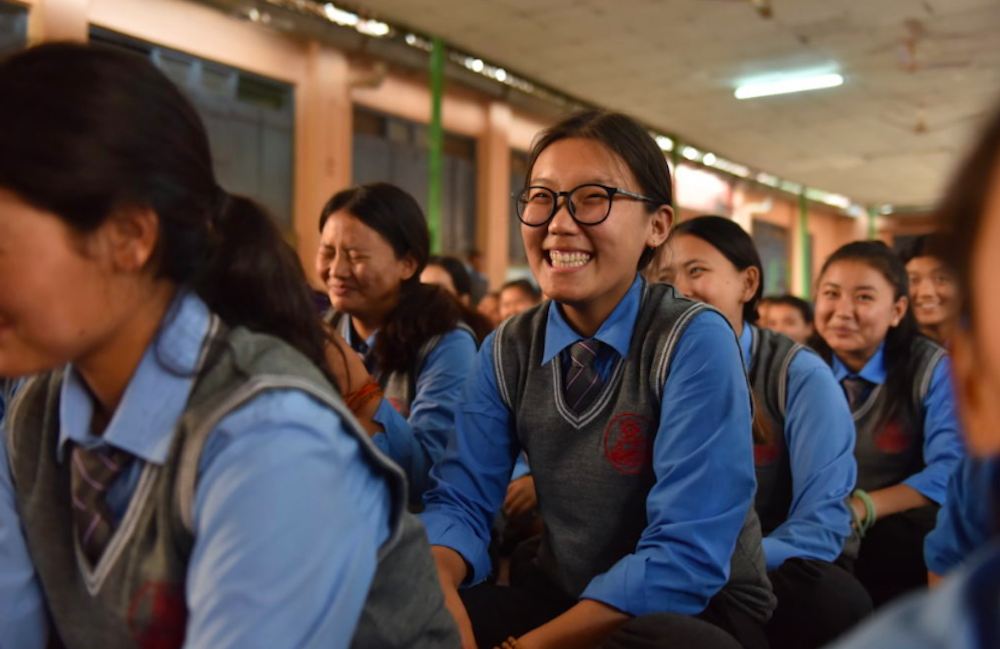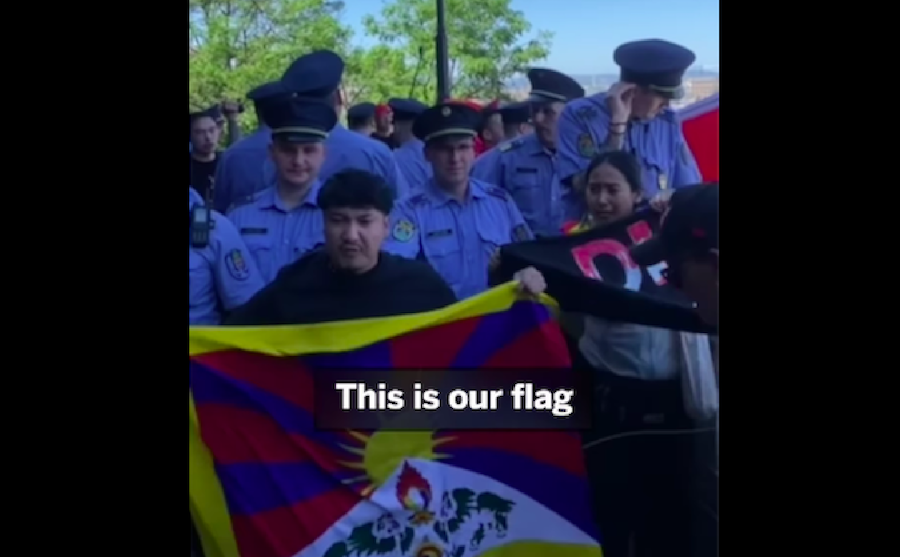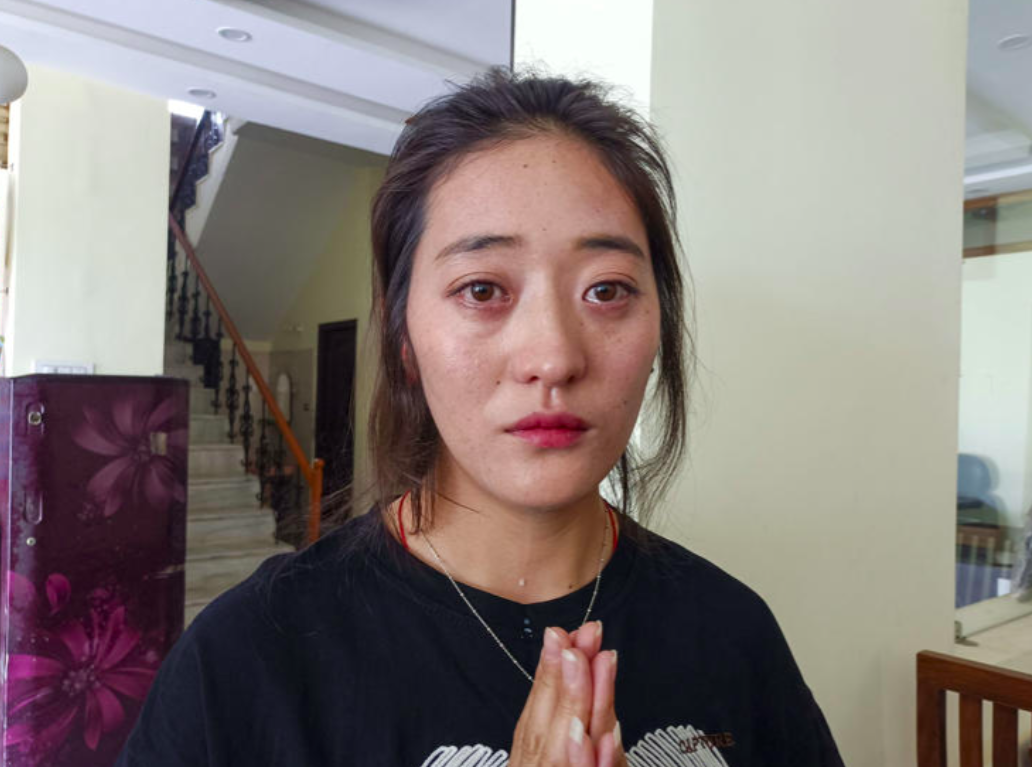 President George W. Bush met the Dalai Lama at the White House, in defiance of China’s protests that the Tibetan spiritual leader was using US soil as a launchpad for “separatist” activity.
President George W. Bush met the Dalai Lama at the White House, in defiance of China’s protests that the Tibetan spiritual leader was using US soil as a launchpad for “separatist” activity.
The Dalai Lama made his second visit to the presidential mansion under Bush, a day before he is due to play a role in commemorations Thursday for the second anniversary September 11 attacks.
But his visit to Washington drew sharp rebukes from Beijing — even though, according to Secretary of State Colin Powell last week — Sino-US relations are at their warmest point in more than 30 years.
Emerging from the White House after the meeting, closed in deference to Chinese sensibilities, the Dalai Lama said Bush and Powell had shown “interest and genuine sympathy” for Tibet.
“They will help us,” he said.
White House spokesman Scott McClellan said Bush reiterated “strong support” for the nascent dialogue between China and the exiled Tibetan government.
“The president said he would seek ways to encourage China to continue the dialogue on a substantive basis, and expressed his hope that the Chinese government would respond favorably.”
In a later official statement, the spokesman said “The president reiterated the strong commitment of the United States to the preservation of Tibet’s unique religious, cultural and linguistic identity and the protection of the human rights of all Tibetans.”
But the statement added that Bush and the Dalai Lama “agreed on the importance of strong and constructive US-China relations.”
The Dalai Lama’s envoys have been to Beijing twice since late last year for talks that, if successful, could pave the way for his return to Tibet, which he fled after a foiled uprising against Chinese rule in 1959.
But he told reporters after meeting Bush that dialogue was going very slowly due to “suspicion” surrounding the talks.
“(A) serious sort of discussions not yet start; it (will) take, I think longer time,” the Dalai Lama told reporters.
He also said he was concerned for the fate of Tibetan culture, referring to claims by Tibetan groups that Chinese officials have promoted a stream of Han ethnic migration into Tibet to dilute the local culture.
China, which has ruled Tibet since 1951, had asked Washington not to welcome the Dalai Lama.
Foreign Ministry spokesman Kong Quan said Beijing had registered “strong” opposition to the Dalai Lama’s trip and disputed the US contention that the Dalai Lama is a purely religious figure, China’s official Xinhua news agency said.
Sun Weide, spokesman for China’s Washington embassy, told AFP on Tuesday that Beijing had lodged an official complaint with US officials.
“The US government has repeatedly acknowledged that the United States will not support Tibetan independence,” he said.
Therefore, Sun said, Washington should not allow the Dalai Lama to conduct “separatist activity on US soil.”
China views Tibet as a part of its territory and opposes any official contact between the Dalai Lama and any foreign government.
The Dalai Lama argues that his non-violent struggle does not advocate Tibetan independence, but greater autonomy from Beijing.
The United States says it does not support Tibetan independence, and sticks to a “One China” policy which also opposes independence for Taiwan.
On Thursday, the Dalai Lama is to take part in a ceremony at the National Cathedral in the US capital, marking the September 11 attacks on New York and Washington two years ago.
The US Senate on Monday approved a resolution recognizing the Dalai Lama’s efforts to peacefully resolve the Tibet dispute. He held consultations with senior congressional figures on Wednesday and had more meetings planned later in the day.









